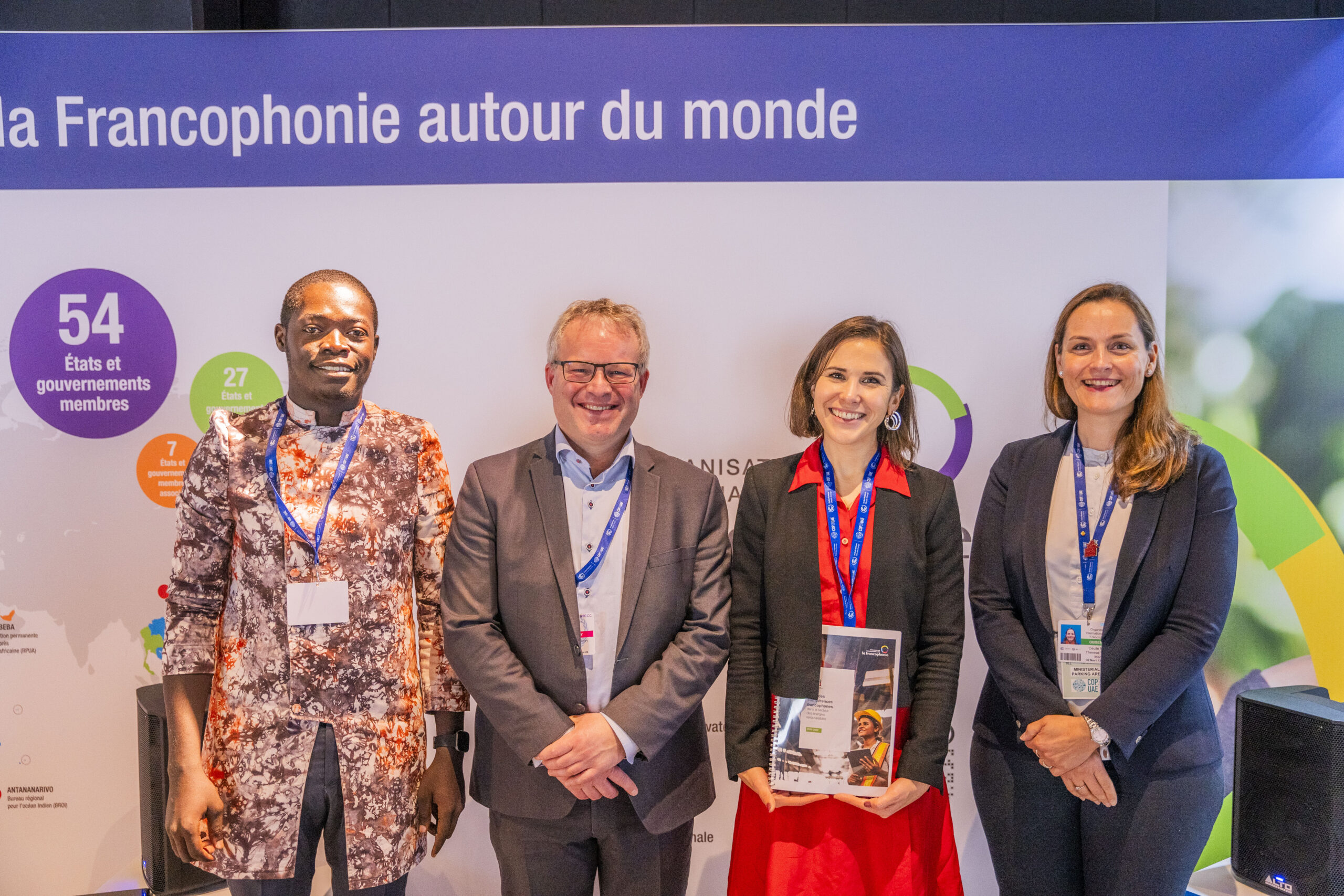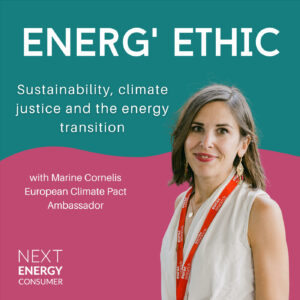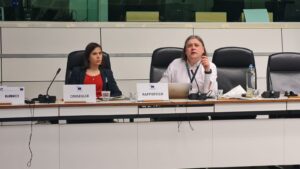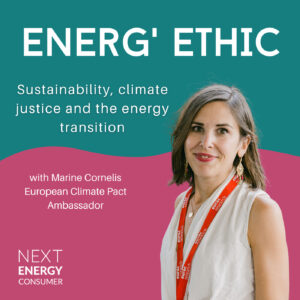Much has been said, and will continue to be said, about COP28, held in Dubai, as we enter the home stretch of negotiations that will determine the future of the inhabitants of our beautiful blue planet, our common home.
🌹But for all its faults, the #COP28 is a magnificent event, where people with such different backgrounds from all over the world converge and discuss, not to ask “why” make efforts, but “how can we succeed together”? The potential for collective intelligence at this event is exceptional.
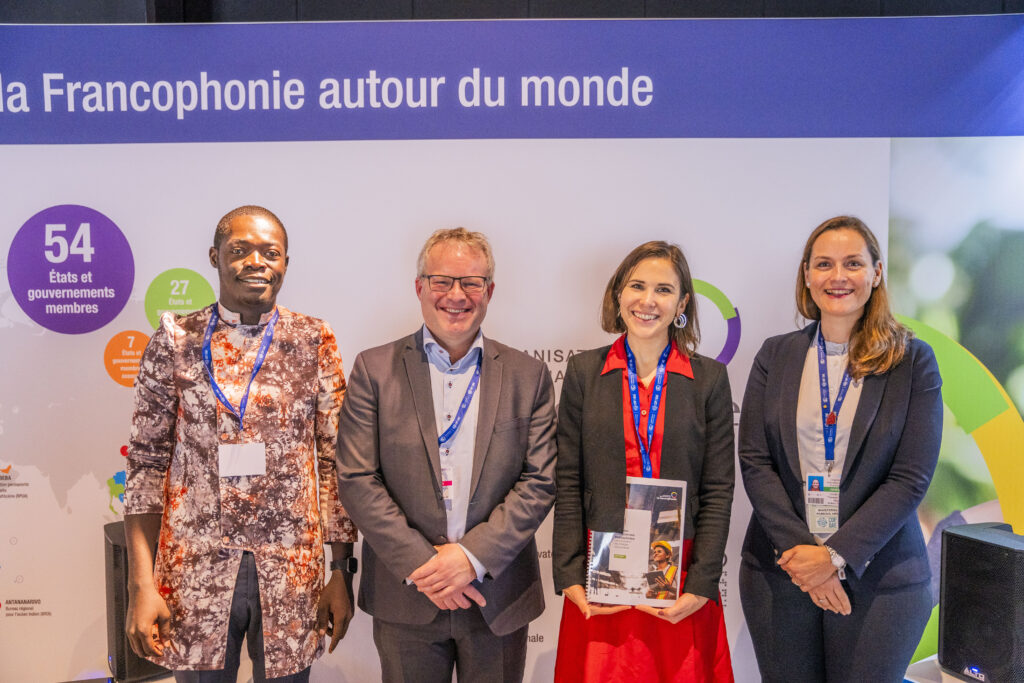
💫The real challenge lies here: how can we ensure that good practices, virtuous practices for people and for the planet, spread? How can we ensure that the energy transition is also a springboard for equity? That people feel they have an agency in the response to climate change.
🙌I was moved by the large number of young people, such as Wendpayangdé Dimitri TIENTEGA, who reminded us that 2050, 2100, is tomorrow, the future of our lives.
👏I was impressed by the resilience and wisdom of indigenous groups, who know better than anyone how dialogue and science can serve our common future.
🍝They understand that if they are denied a place at the table, they will end up on the plate.
🙏I’m really delighted to have come to the COP28 for a good reason, to present work that I hope will be a catalyst for long-term action, work that will help to move some lines, to move beyond the north south paradigm and start acting together.
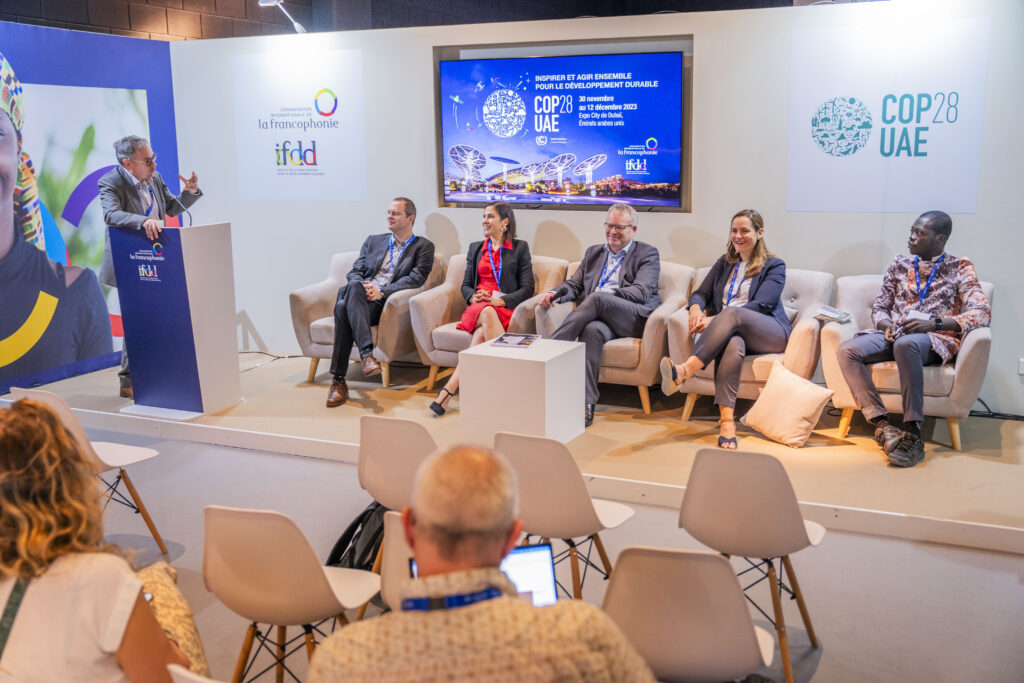
🕊️ This is the purpose of this Atlas of French-speaking expertise in sustainable energy, which I had the honour of preparing and presenting for a side event organised by the Institut de la Francophonie pour le développement durable – IFDD and the Walloon Region of Belgium, with the Walloon Minister for Energy and Climate, Mr Philippe Henry, and the Director of the IFDD, Ms Cécile Martin Phipps.
Three points to remember:
1️⃣ All the skills are available to meet the technical, economic and social challenges of climate change – but they are not available everywhere at the same level.
2️⃣ Women are still a minority in the energy transition, and their participation must be encouraged.
3️⃣ The energy transition must be an opportunity to increase the quality of jobs, in particular through ongoing work with civil society and trade unions in particular.
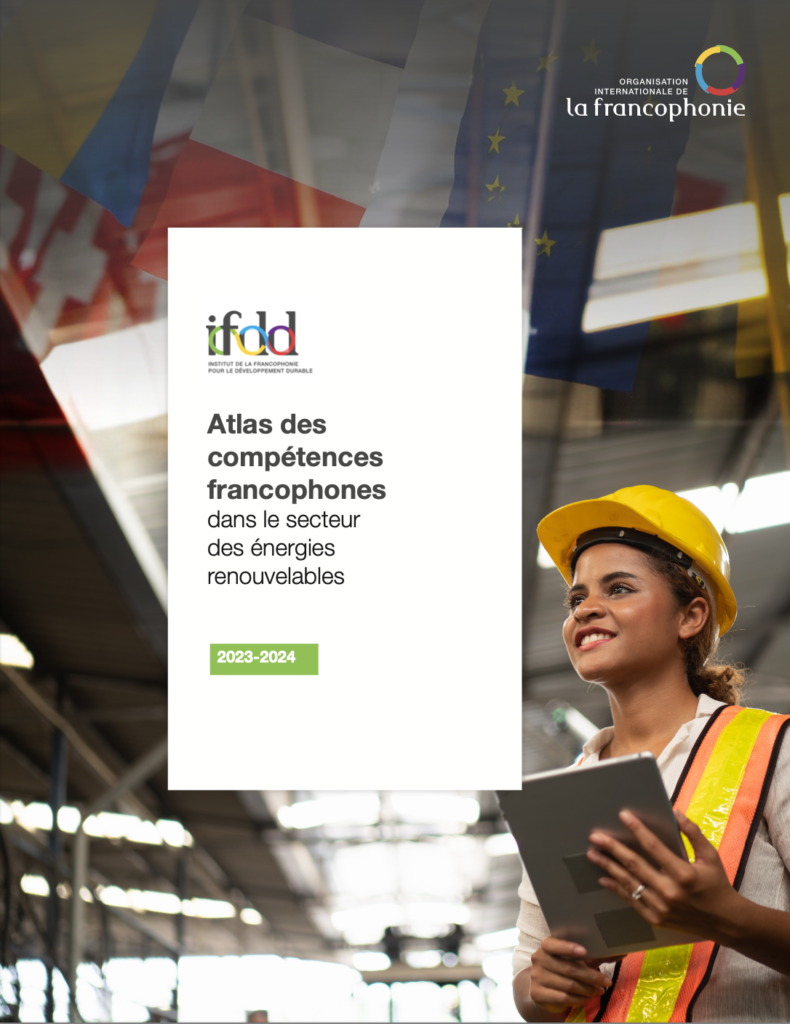
➡️ To meet global climate challenges, we need local skills and tailored approaches, led by players who want to share and learn from each other. Women and marginalised communities must be at the centre – and formal and informal education, communication and information are key. I hope COP28 will deliver.

